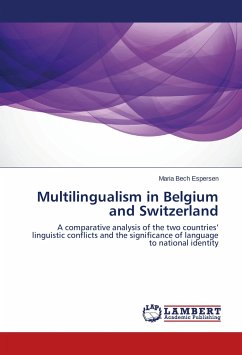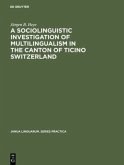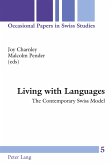Belgium and Switzerland are two very interesting multilingual countries to compare. Both countries have more than two official languages, both have official language policies and both are federal states. But that is also how far it goes with the similarities. In the case of Belgium, the Belgians have experienced many problems and conflicts regarding the cooperation, or lack of, between the different language communities. Especially the two regions Flanders and Wallonia have big problems with working together, which is caused by issues rooted deeply in the Belgian history. In Switzerland, however, the situation is very different: the four official languages never had any obvious conflicts with each other. Still, multilingualism in Switzerland is a hotly debated topic at the moment as the increasing role of English as lingua franca in Switzerland has a kick-started a discussion about the importance of learning the Swiss national languages compared to the importance of learning English. This book analyses the linguistic conflicts and the approaches to multilingualism, national identity and language policies of the two countries.








